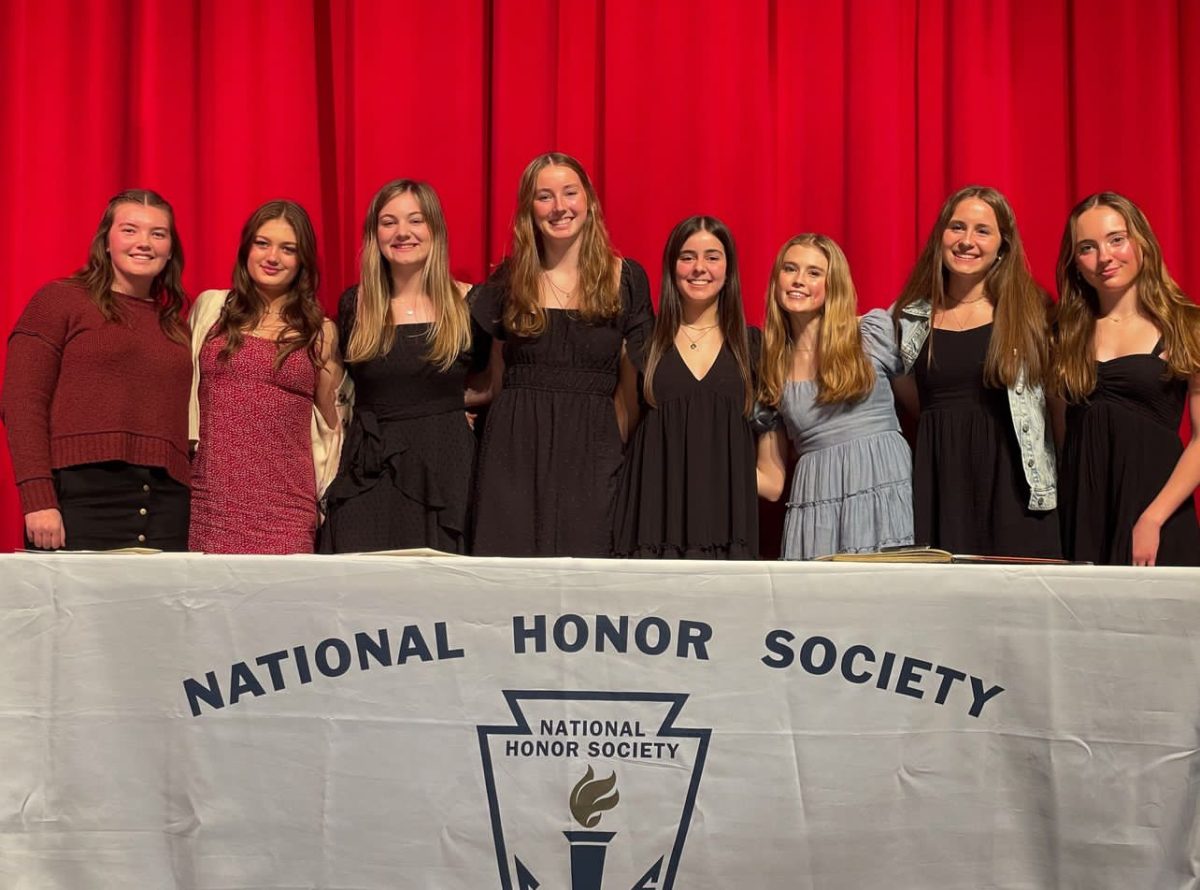National Honor Society, commonly known as NHS, is a national organization for juniors and seniors that has many charter programs in many American high schools across the country. At BSM, the NHS charter contains rules that are being reinforced in the program this upcoming school year for both returning and incoming members.
Like many other rules and regulations, NHS requirements had to adapt to the effects of COVID-19. In the school years between 2020-2023, BSM’s NHS had significantly fewer requirements than most other NHS charter programs. However, Alena Paulson, BSM Spanish teacher and new NHS advisor, has high hopes and plans to change this.
“I had a conversation with the prior advisor, and she said that she came into the role in 2021 and it was really hard. Post covid, everything was hard. So when she took over the role, she didn’t enforce as many of the requirements. Looking back, she told me she wished that she had, because legally, in order to be a part of the NHS organization, you have to follow these bylaws as a charter [to be] part of [NHS]. We had to be flexible for a couple years, but bringing [back the requirements] to what [they] need to be is something that [BSM] has to do,” Paulson said.
Now, the requirements have become more demanding; however, returning students and incoming members will have slightly different expectations. “[The requirements for new members will be] 40 hours of volunteering per semester and 10 hours of tutoring per year. Members will also have to maintain a 3.5 GPA. Then whenever we host events, they have to participate in some capacity,” Paulson said.
As for returning members, the requirements are shifting, just not as extensively for new members. “Since these rules weren’t strictly followed the last couple of years, instead of jumping right up to the 40 hours, I’m having them do 20 hours of service. This is because they were already in NHS before the rules changed. [BSM is] giving them a little grace for the first year back that we are bringing the requirements back,” Paulson said.
Not only are the rules increasing to be able to align with the NHS organization, but they are also changing in hopes of bringing back the importance and impact of NHS and its members. “A lot of feedback that I’ve been getting is most students didn’t even realize we had NHS because it was not necessarily prioritized. The engagement wasn’t there, the community feeling wasn’t there. It wasn’t necessarily ‘I’m volunteering for NHS,’ but more ‘I am checking off the box that I’m in NHS, but not actively doing things to show that I am,’” Paulson said.
Tutoring is also an important part of NHS, which BSM has lacked in recent years. This year, all students are required to complete 10 hours of tutoring. This new increase has raised the question as to if students will be able to complete this requirement, but Paulson thinks this shouldn’t be a problem. “The Learning Lab coordinators, Ms. Miller and Ms. Johnson, said they’d love to have five or six students in [learning lab] every hour, because they’re one person with at least 40 kids per hour, and everybody needs help with something. So even if students don’t have an individual tutoring session, they can be floating around and helping kids with a variety of subjects. I think it’ll be a process to get going, but I definitely see there being a need,” Paulson said.
Aside from the rules and regulations, NHS is also looking to implement change from the members themselves, to make NHS more recognized by the student body. “This year, [NHS leadership is] hoping to make new social media [allowing us] to share student spotlights and let the school know what people are doing through NHS. We also want to do more group projects and make sure that things are being done. So we just hope to make NHS more of a public program that the rest of the school can see what we do,” NHS Vice President Midge Sanderson said.



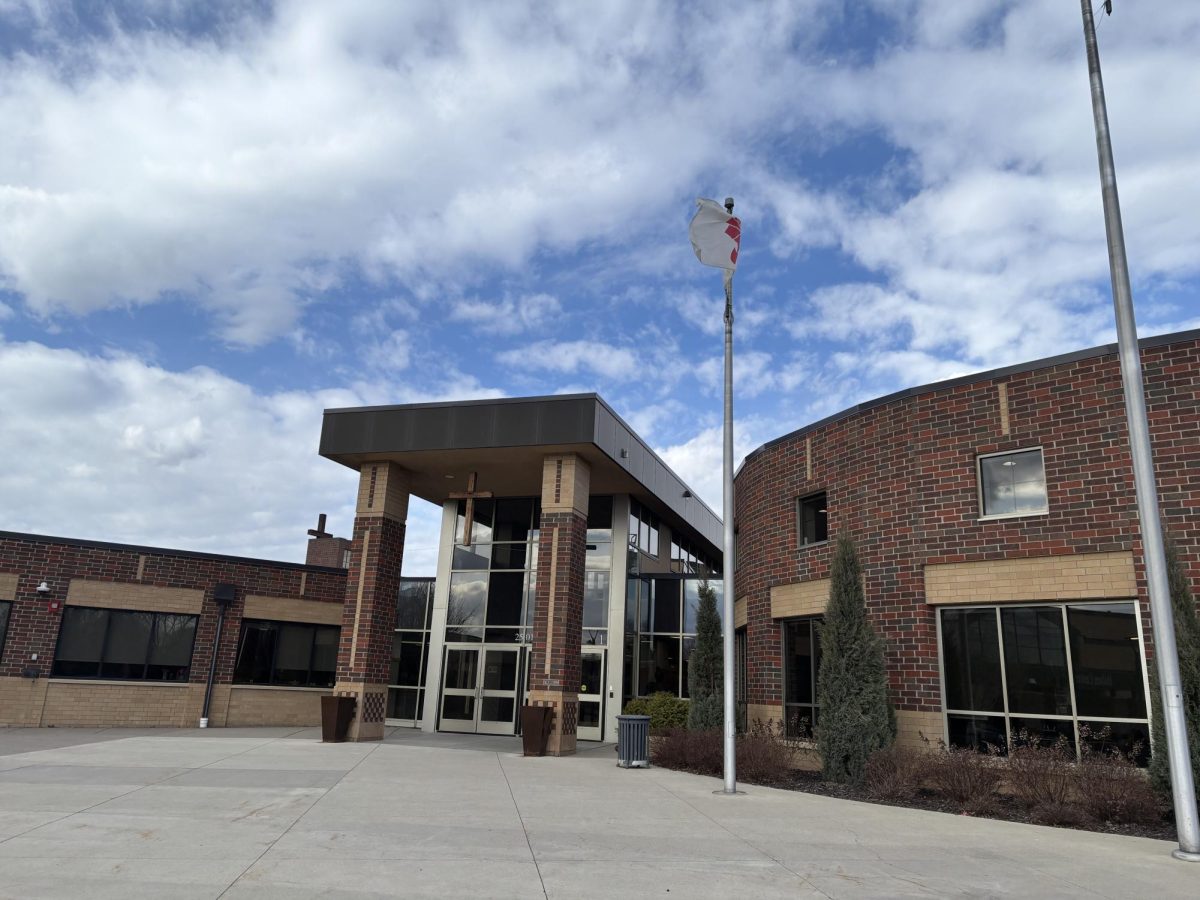
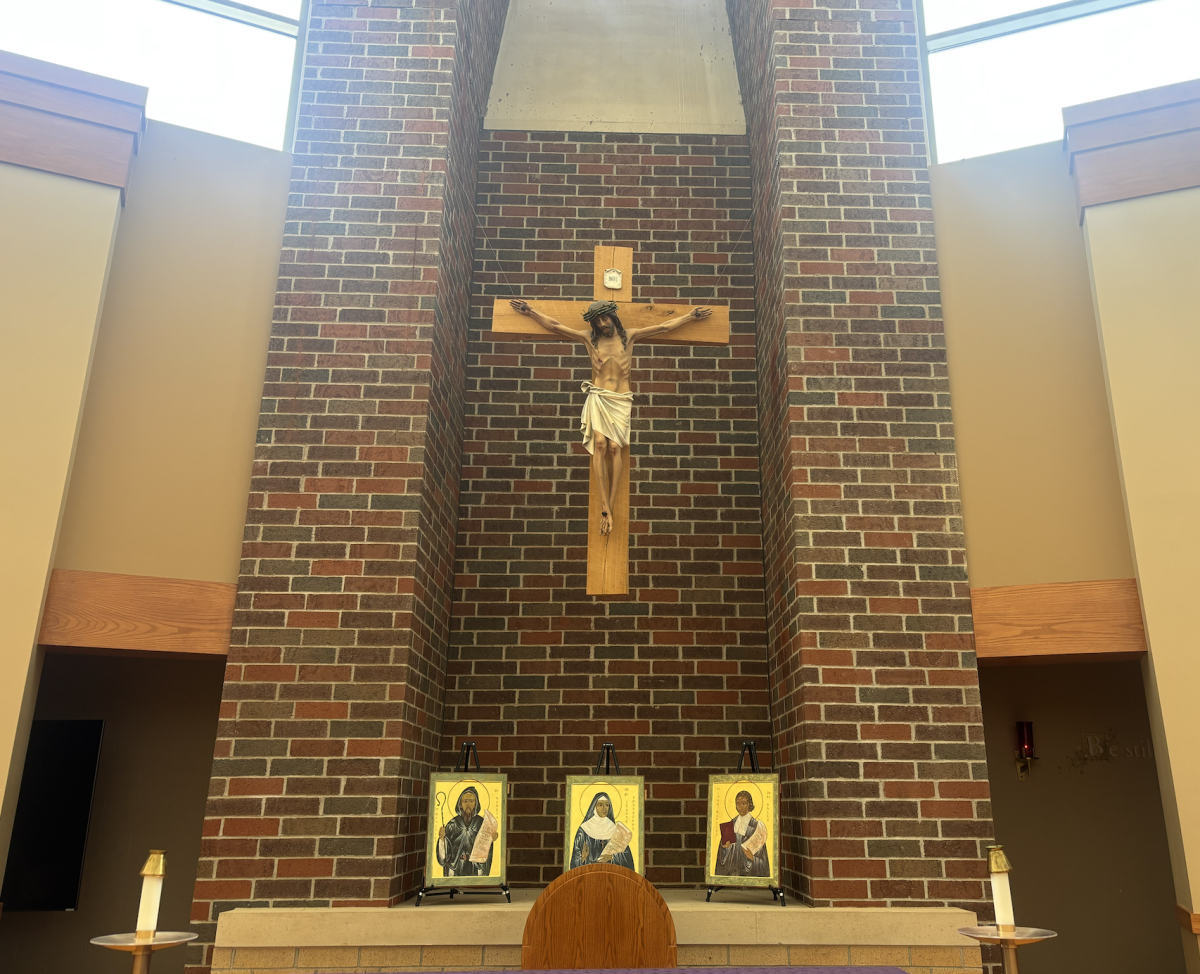
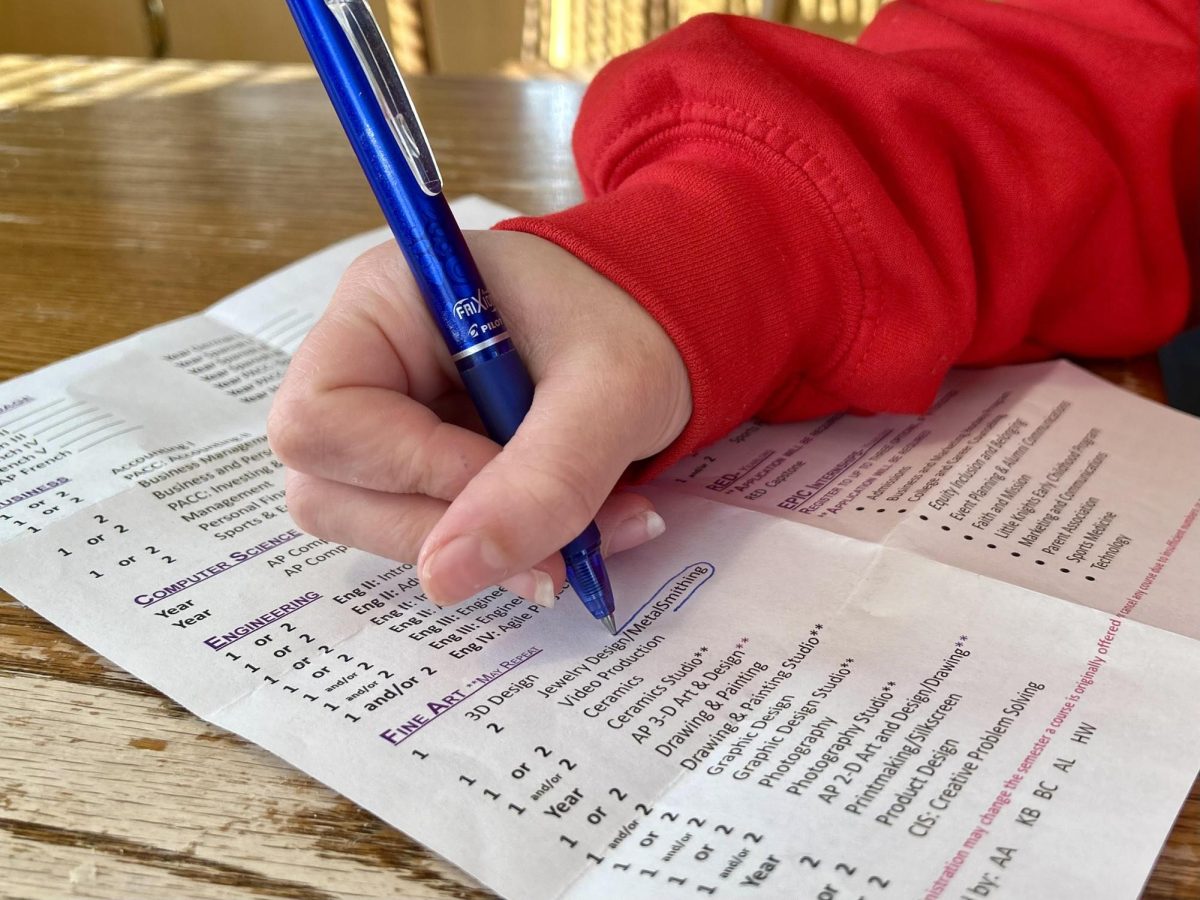
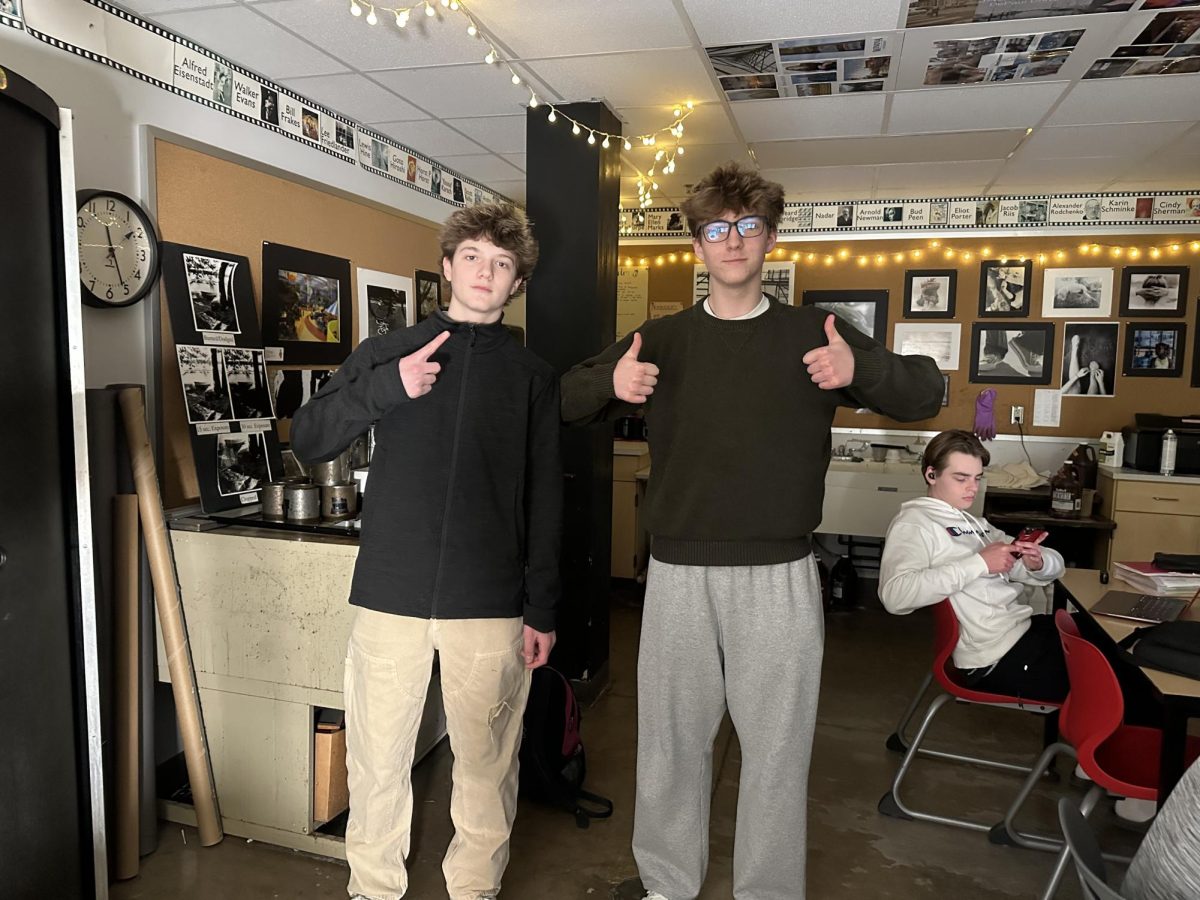
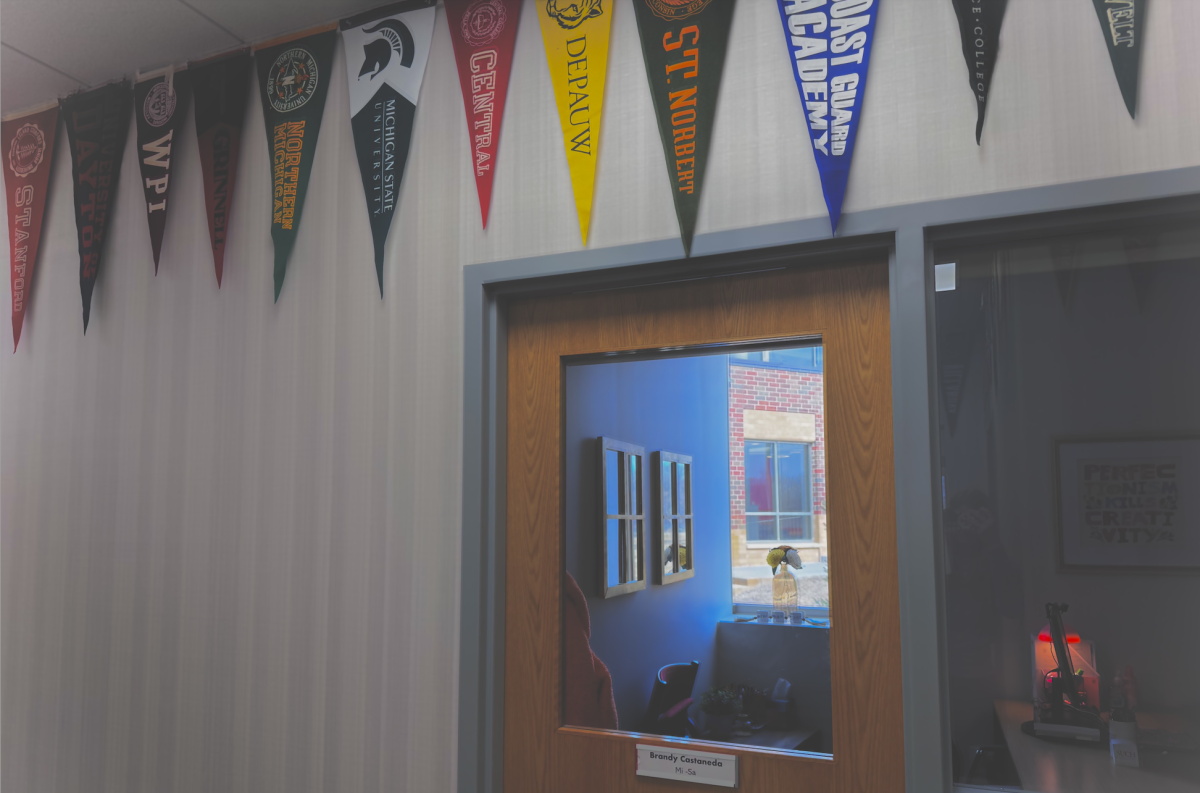
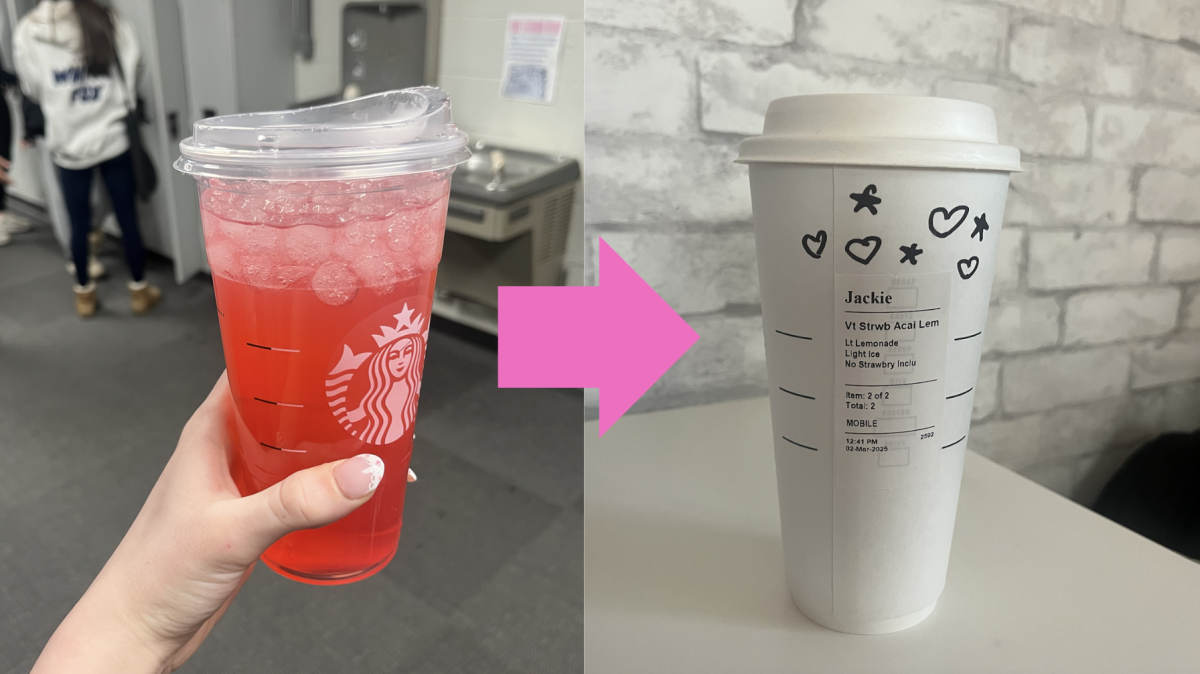
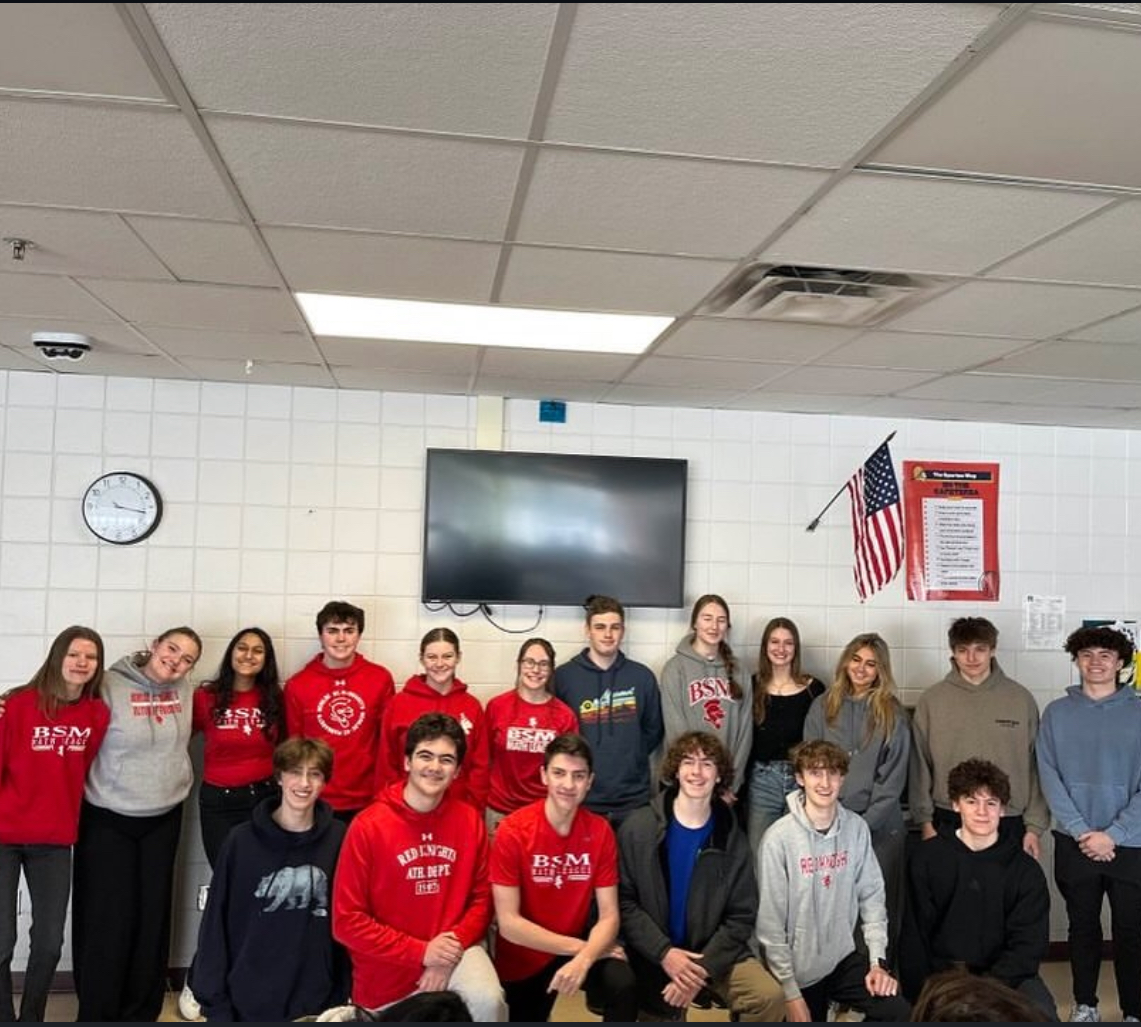
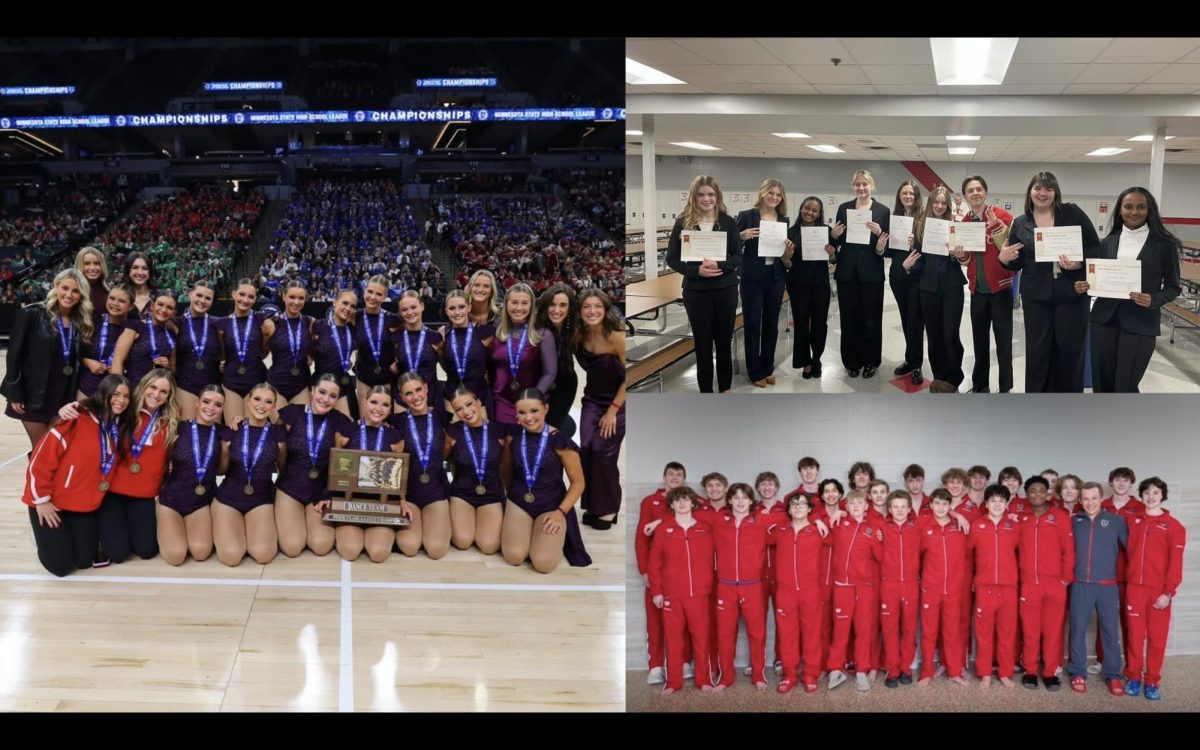



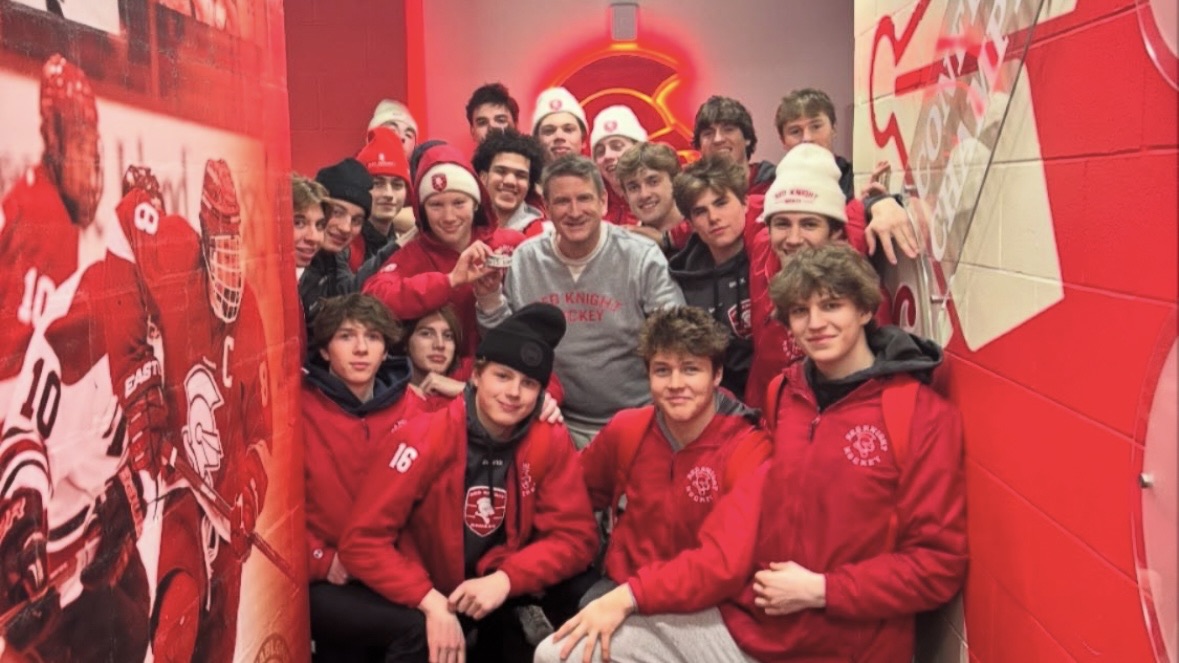
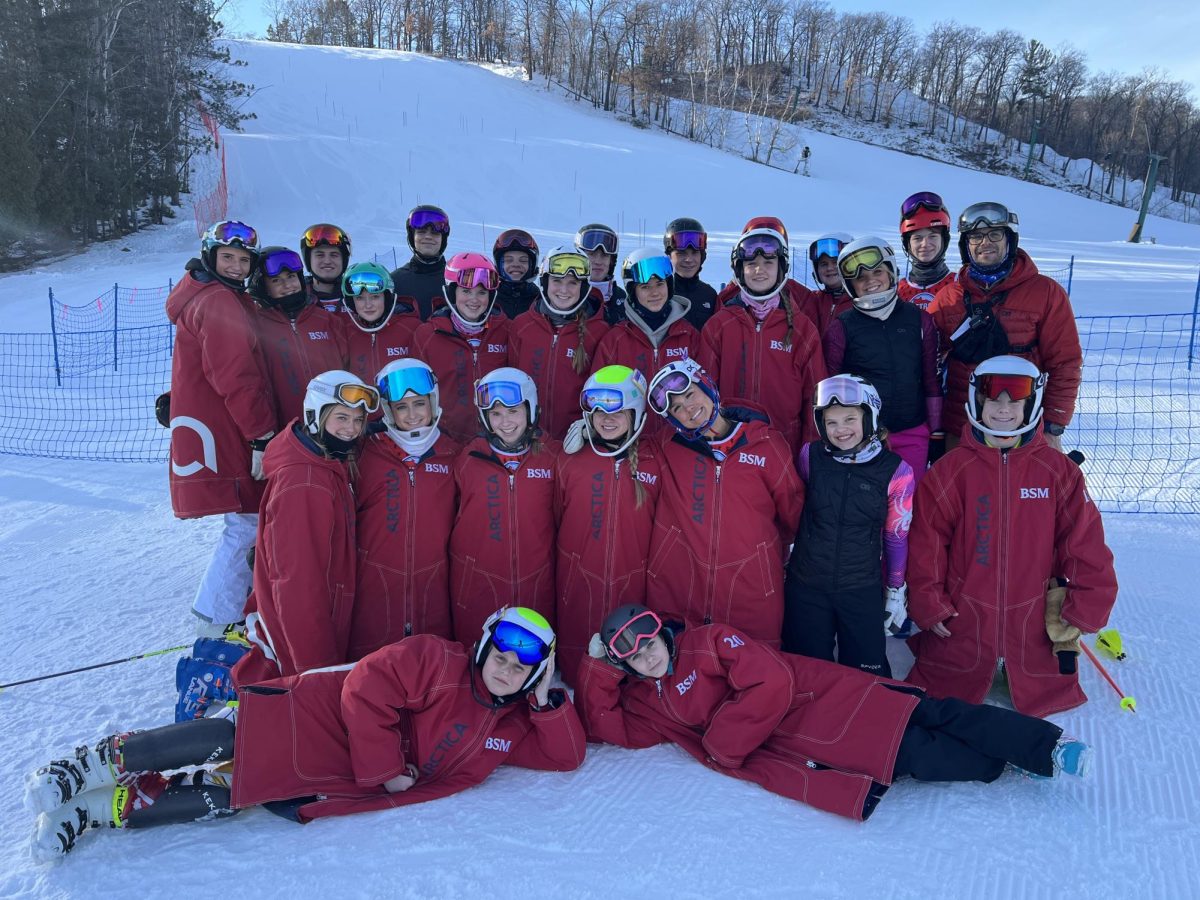





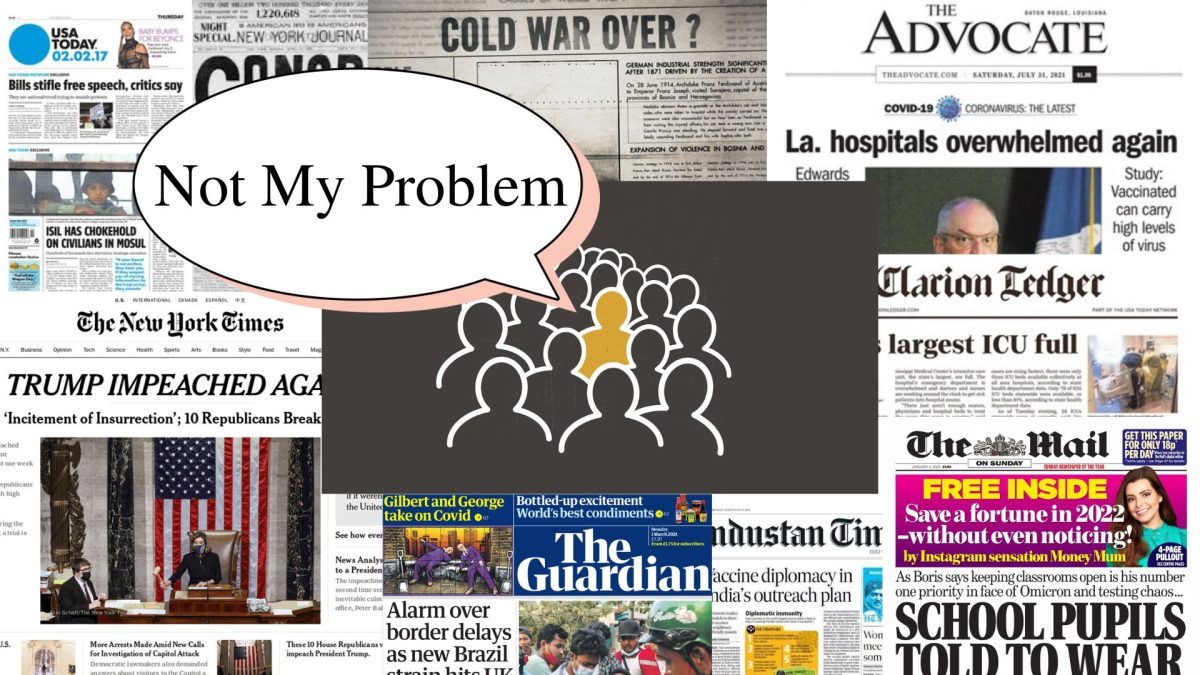


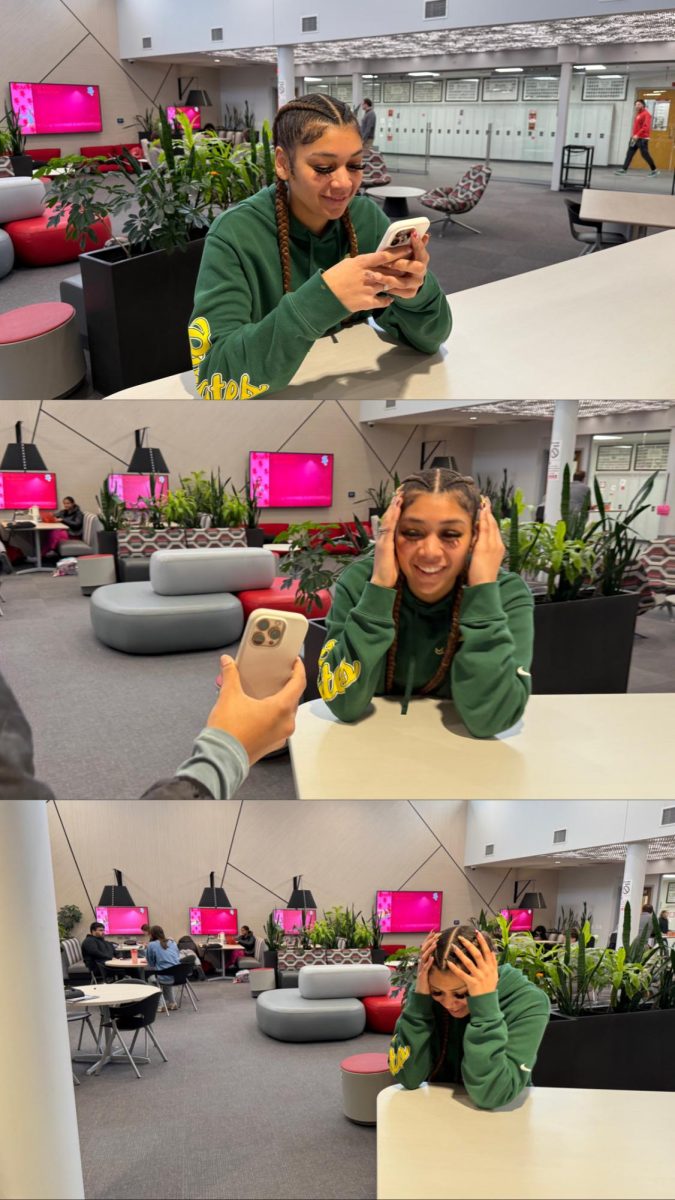


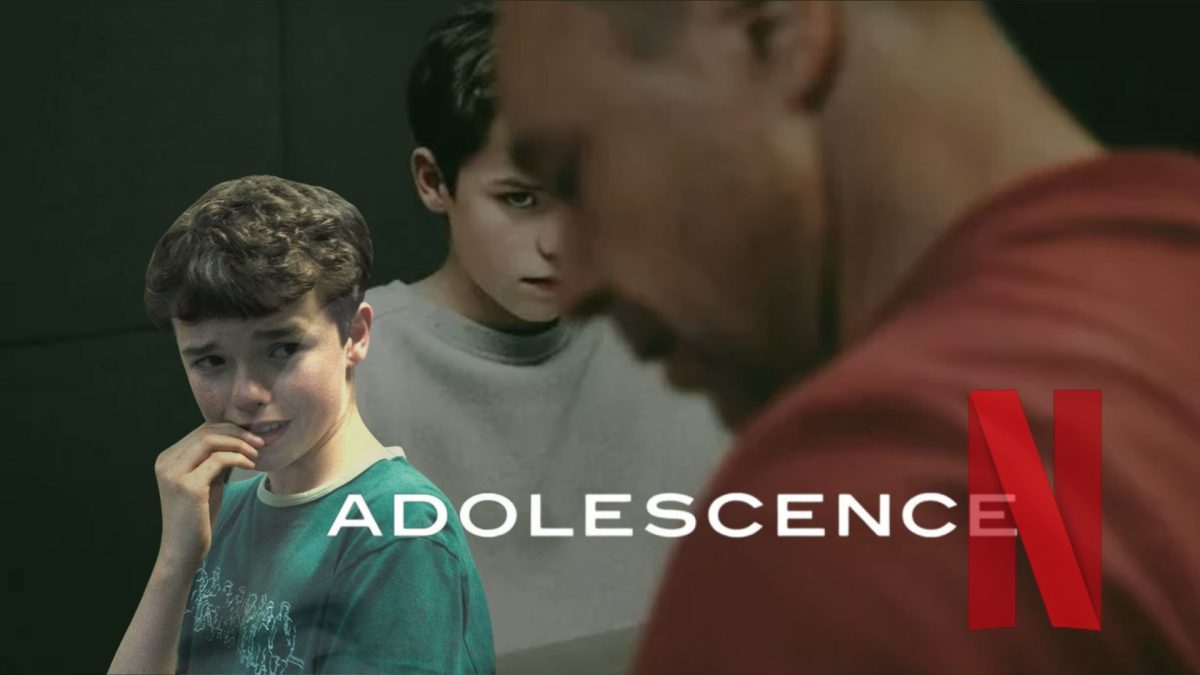
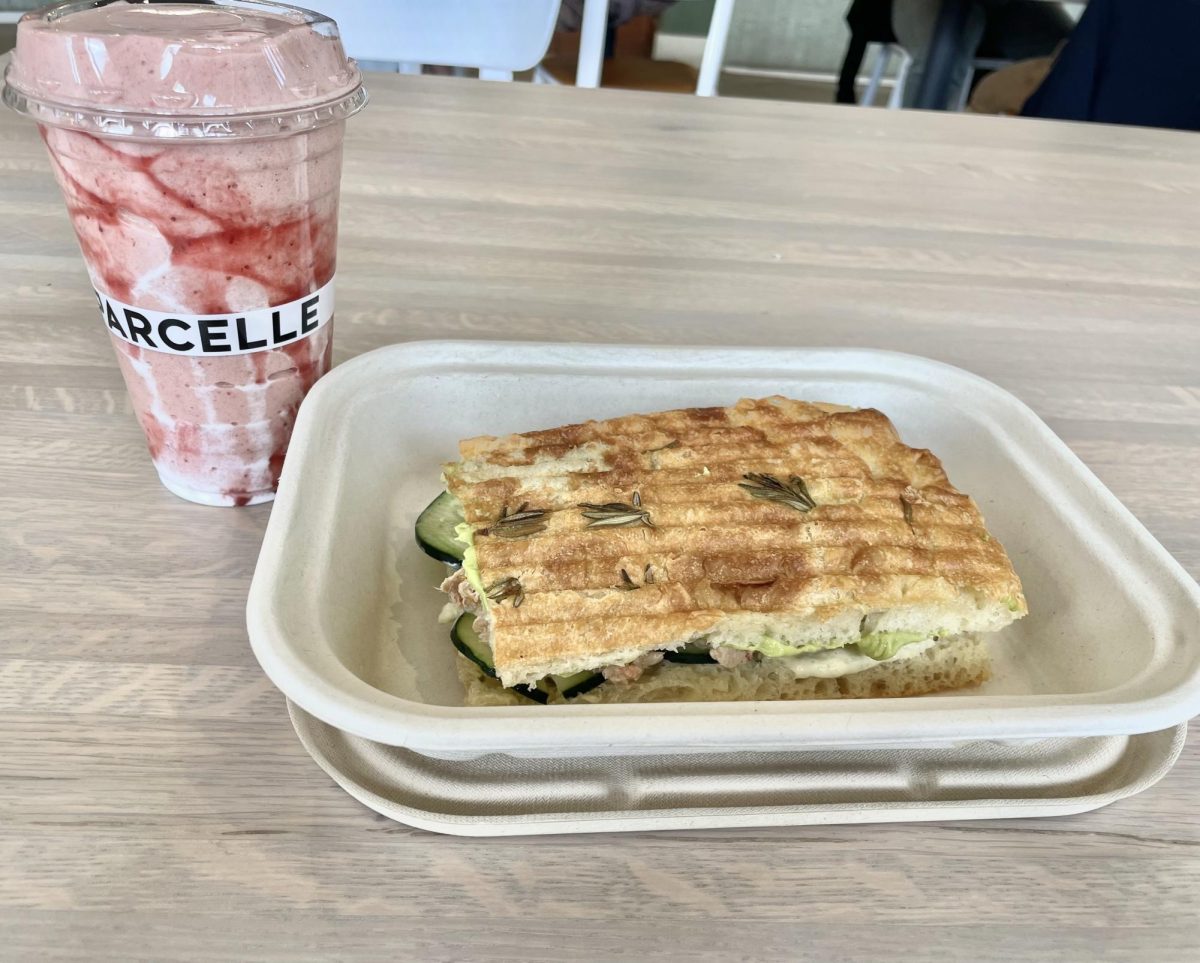
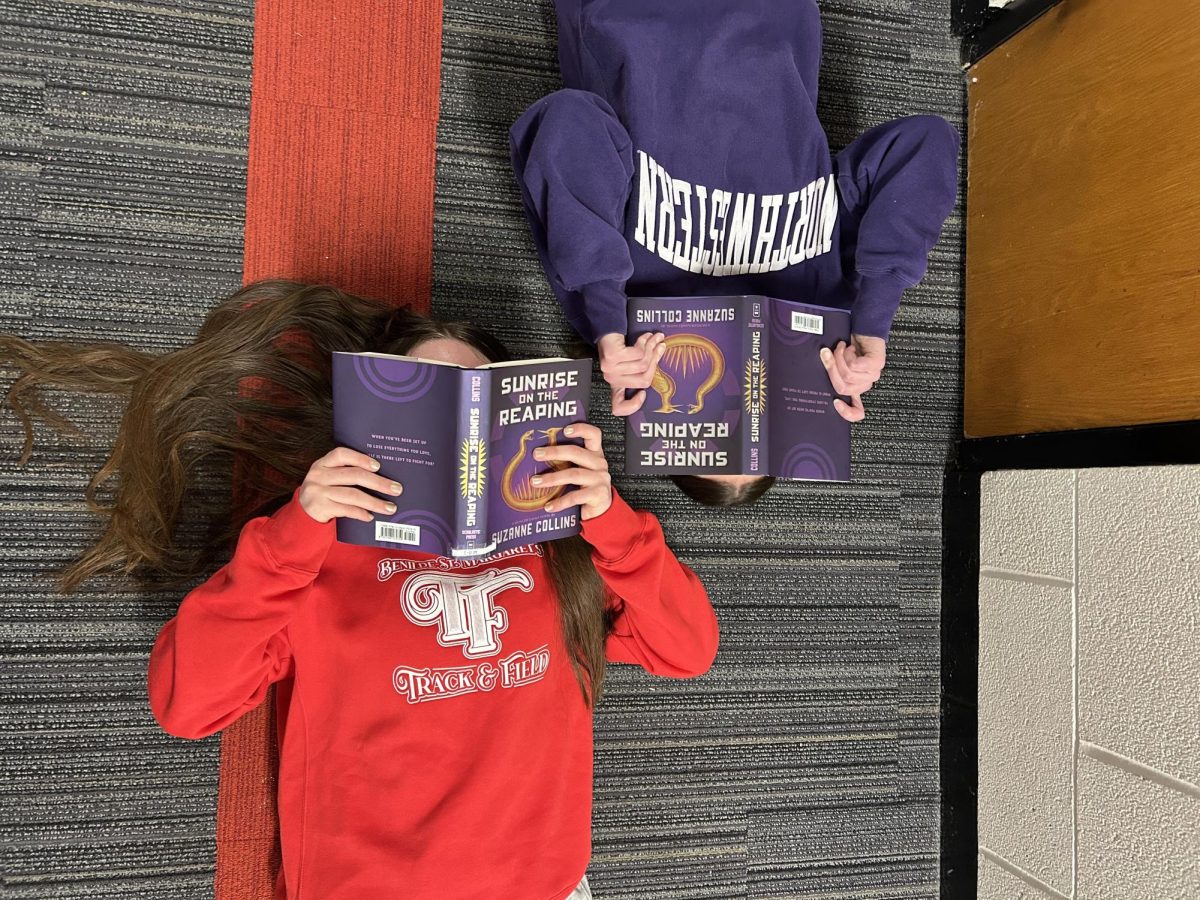






![Teacher Lore: Mr. Hillman [Podcast]](https://bsmknighterrant.org/wp-content/uploads/2025/03/teacherlorelogo-1200x685.png)




